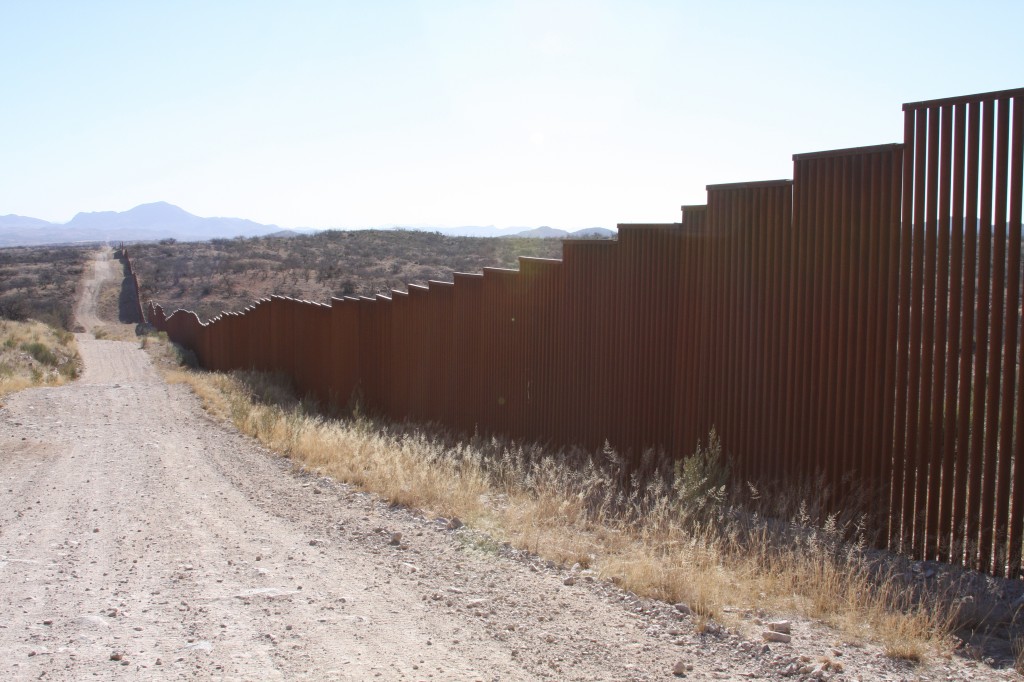
On June 27, 2013, the full Senate passed the “Border Security, Economic Opportunity and Immigration Modernization Act” (S. 744). When initially introduced in April, I was cautiously optimistic that this piece of legislation would finally begin to address many of the human rights violations in the immigration enforcement, detention and deportation process which are documented in Amnesty International reports such as Jailed Without Justice: Immigration detention in the USA and In Hostile Terrain: Human rights violations in immigration enforcement in the U.S. Southwest.
S. 744 as introduced by the “Gang of Eight” had its problems – such as bolstering flawed immigration enforcement, detention and deportation programs – but there were also many provisions which took concrete steps towards addressing human rights violations.
These included providing judicial review of detention decisions, the creation of the Department of Homeland Security Border Oversight Task Force, protections for family unity, better oversight of detention facilities, expanded use of alternatives to detention, among others. These progressive reforms were balanced against a modest expansion of enforcement along the border.
However, just this week, the Senate voted to adopt the Corker-Hoeven amendment to S. 744, referred to as the “border surge” amendment, in order to guarantee passage of the larger bill by the full Senate. This amendment calls for nearly doubling the current amount of Border Patrol agents to 40,000 – the vast majority of whom will be stationed at the US-Mexico border; the construction of 700 additional miles of fencing; and overstocking Border Patrol with countless numbers of surveillance drones and Blackhawk helicopters to constantly monitor the now-unfriendly skies between the United States and Mexico.
While the United States has every right to ensure security along its borders, it must ensure that any attempts to strengthen border security must respect the obligations of the United States under international law. As Amnesty International has recently documented in In Hostile Terrain, hundreds of migrants die while crossing the border every year, while Indigenous Peoples whose lands straddle the border are at risk of discrimination and other abuses during border crossings and in dealings with U.S. Border Patrol agents on Tribal lands. Any increase in border security must respect the right to life of migrants and must be developed in close consultation with Tribal Nations in order to ensure protection of their rights. The inclusion of the Corker-Hoeven amendment will only exacerbate these issues, instead of addressing them.
Meanwhile in the House of Representatives, the SAFE Act, a bill recently introduced by Representative Gowdy, doubles down on all of the failed enforcement policies of ICE and then tops that by expanding Arizona’s SB 1070 immigration enforcement policy to every local law enforcement agency across the country. It is imperative as Congress takes steps to pass legislation to reform the US immigration system that it incorporates tangible measures that truly respect human rights and removes provisions that undermine them.
Congress must urgently work together to bolster any final piece of legislation that lacks a strong human rights foundation in order for the US to meet its obligations under international law and create an immigration system that is based on human rights principles.
